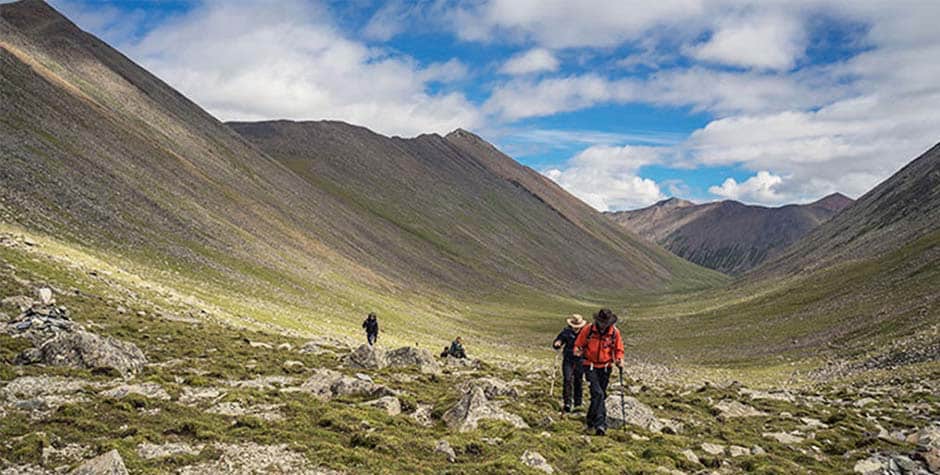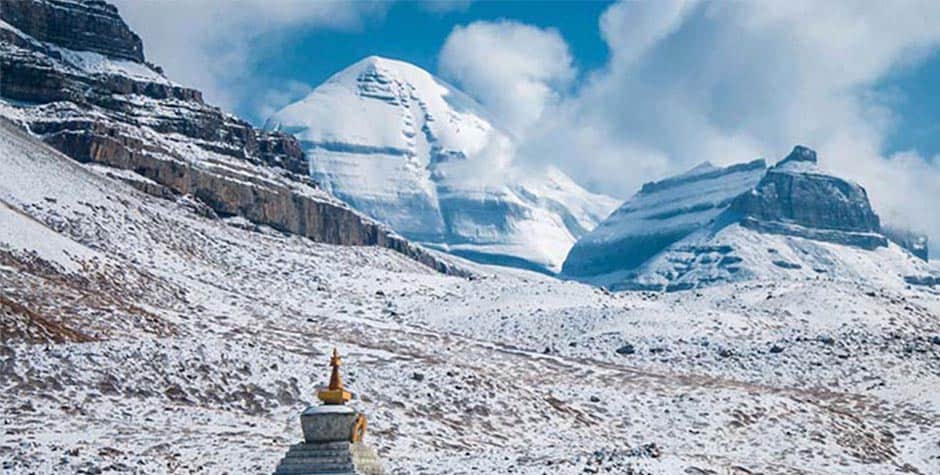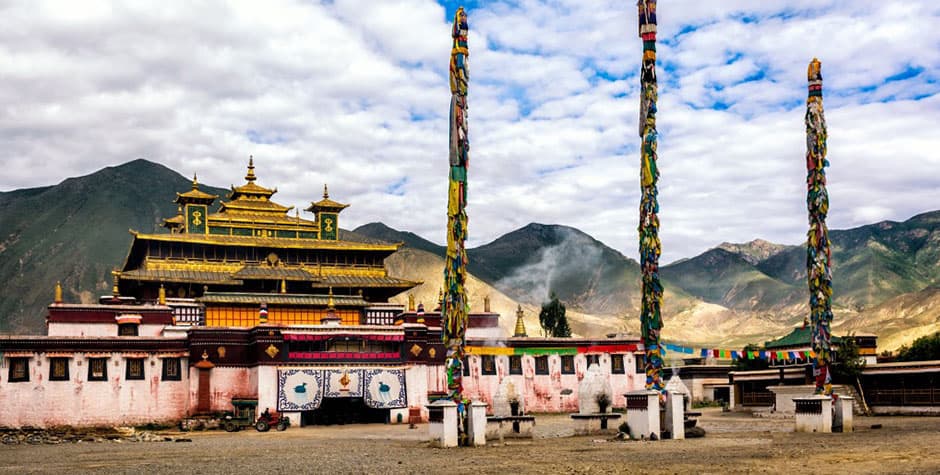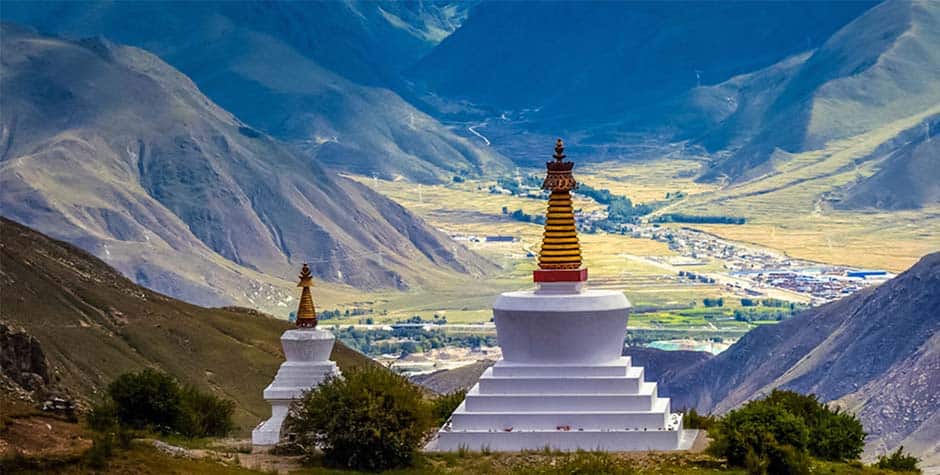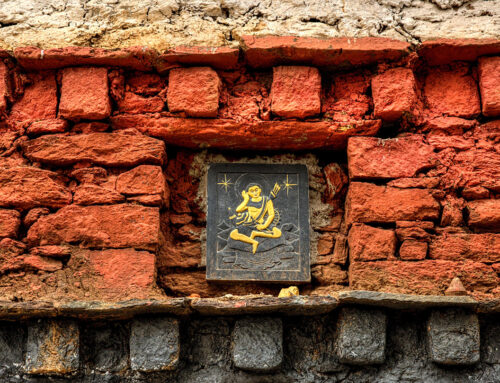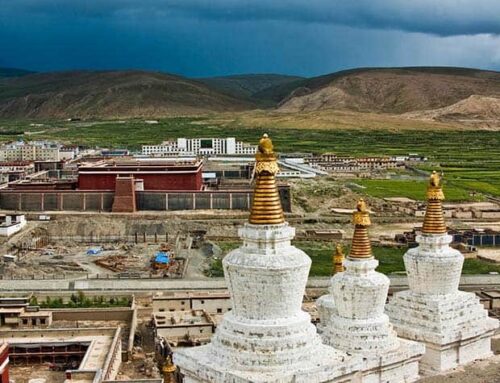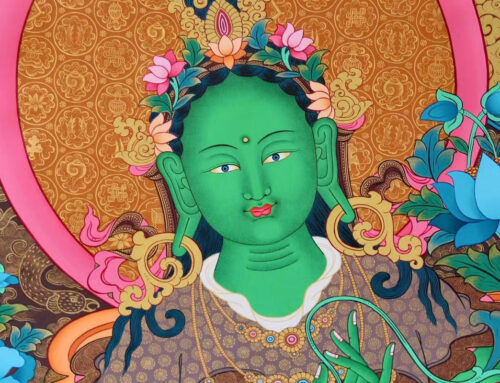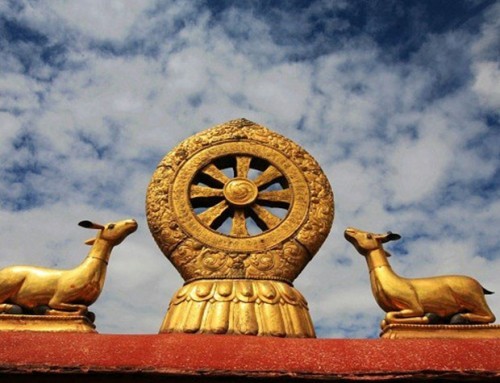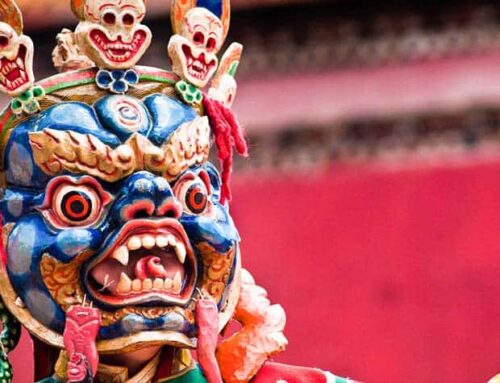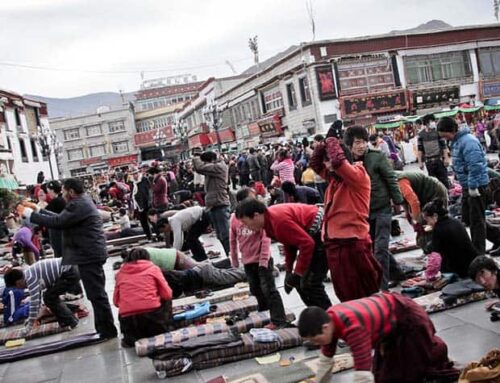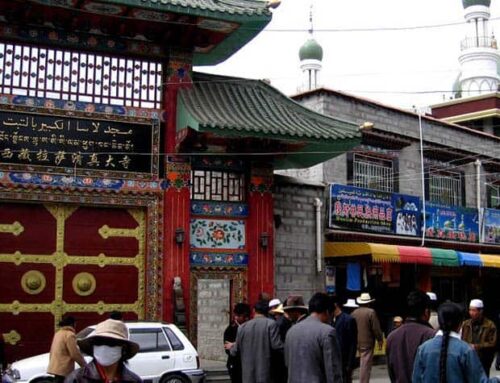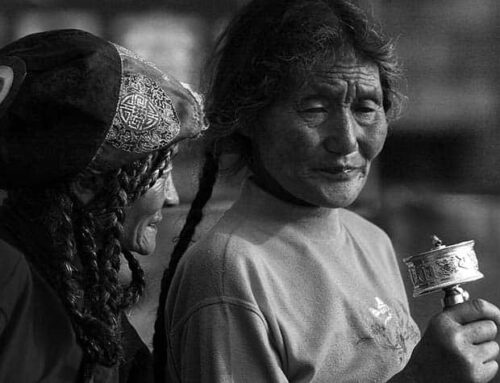Bön Religion (བོན་པོ།) is indigenous to Tibet. Before the Arrival of Buddhism in the 7th and 8th centuries in Tibet. Later, Buddhism became the predominant religion, and Bön practitioners had to relocate to remote areas to preserve their tradition. However, one of the distinctive characteristics of Tibetan Buddhism is its adaptation from the Bön religion. The Tibetan name of Tibet itself is derived from Bön. We call ourselves a Beopa, meaning Tibetan. The Followers of the Bön are called Bön-Po.
According to the census, there are approximately 100,000 Bön followers, accounting for 10% of the entire Tibetan population. There are 264 Bön Monasteries, nunneries, and Hermitages. Today, Bön can be found in the more isolated parts of western and northern Tibet.

History of Bön Religion
The history of the Bön religion can be divided into two phases. The first one is the Original Bön, which is animistic and Shamanistic, believing that good and evil spirits pervade nature.
The true nature of the original Bön is challenging to determine because all the early descriptions are from the Buddhist perspective and are intended to discredit it. In the 8th and 9th centuries, struggles took place between Bön supported by powerful nobles and Buddhism backed by the ruling house of Tibet. Influenced by the deliberate Buddhist work on writing, Bon was developed into a systematized religion with specific doctrine and sacred literature.
After the first diffusion of Buddhism in Tibet in the 8th century, Bön was persecuted under the Buddhist ruler King Trisong Detsen. Yet it survived and became more organized at the time of the second diffusion of Buddhism in Tibet in the 11th century.
The second stage of Bön is called Yungdrung Bön. This is said to be found by a Buddha Shenrab Miwoche. Just like Buddha, Shenrab renounced the life of a prince and became a monk, achieved enlightenment, and preached to others how to attain it. Thus he converted the Animalistic Bön to Yungdrung Bön.
In the 14th century, some Bön teacher adopts Tibetan Buddhist practice related to Padmasambhava. Thus began the New Bön as it is the practice now. The new Bön is different from the Yungdrung Bön. The practitioners of this New Bön consider themselves as the continuation of Old Bön tradition.
We commonly believe the much of unique feature of the Tibetan Buddhism it brought from the old Bön tradition. Besides the numerous attempt by the Tibetan Buddhist ruler to persecute Bön practitioner in the historical time. It was never completely destroyed and Continues to services in the remote regions of Tibet.
Bön tradition now
Now in the new society, the Bön practitioners are free to practice their faith and promote their tradition. Bön is now a crucial topic for researchers to understand Tibetan pre-Buddhist history. In the new society, Bön practitioners are now the sources of the Bön tradition, and the Dunhuang manuscripts are now the primary source. Recently, we had an international meeting of Bön scholars in Tibet. Where hundreds of researcher gathered in Lhasa to discuss. One of our team members is fortunate enough to get an opportunity to translate a presentation into different languages.
Adaptation of Bön Practices in Tibetan Buddhism
- Tibetan Prayer Flags
- Deity worshiping (Local God)
- Musical ritual instrument
- Incense burning
Read more about Tibet Travel and Tibet Tours. Please visit our blog: Nomadictibet.com
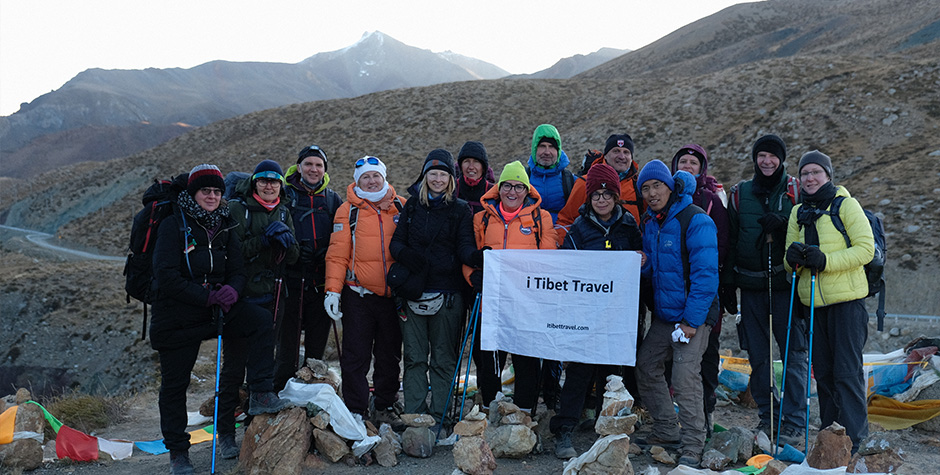
Tenzin Travel is the best Tibetan Travel agency in Tibet. Our agency is one of Tibet’s most experienced tour operators, with over 20 years in the industry. Founded by a local Tibetan family with decades of expertise as guides, managers, and route planners. We craft personalized itineraries for every traveler. Our agency is the highest-rated and most recommended Tibet travel agency on TripAdvisor, Google, and Lonely Planet.
We can make holistic arrangements for your trip to Tibet. Including a Tibet Travel Permit, a Tibetan tour guide, flight tickets, train tickets, vehicle arrangements, and hotel bookings in Tibet.
Our Lhasa office is just steps from Barkhor Square. All our Tibetan team ensures deep cultural, linguistic, and religious insights, setting us apart from other agencies.
Beyond tourism, we support Tibetan communities by donating a portion of each tour to local projects. Your travel to Tibet is about more than profit—it’s about the opportunity for us to give back.

